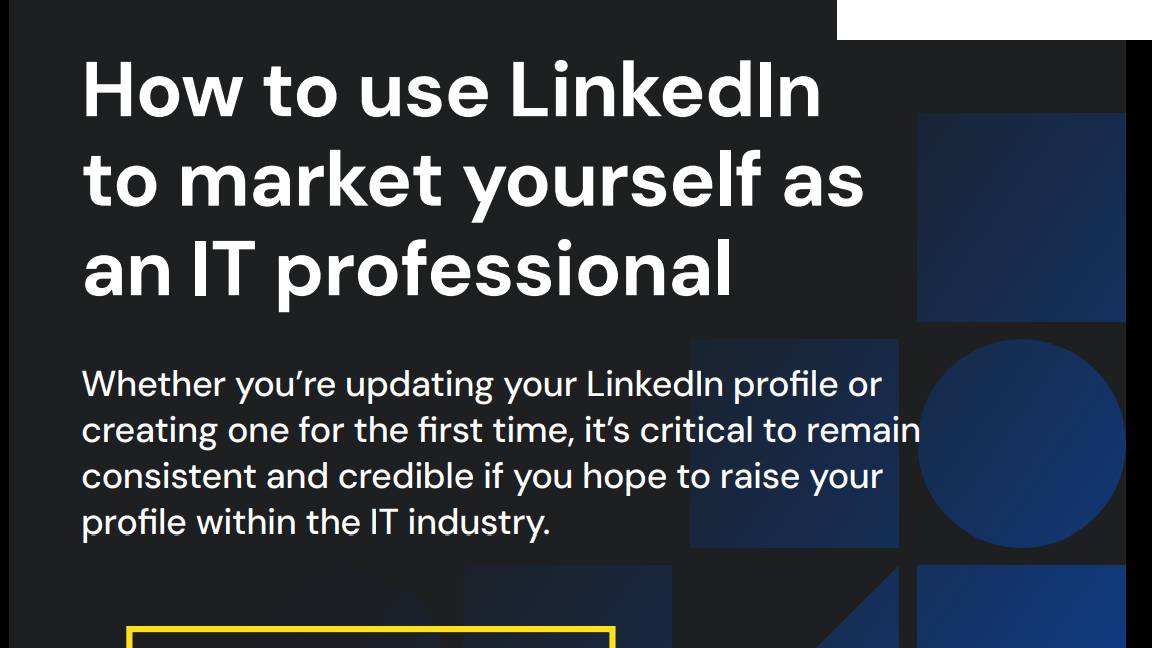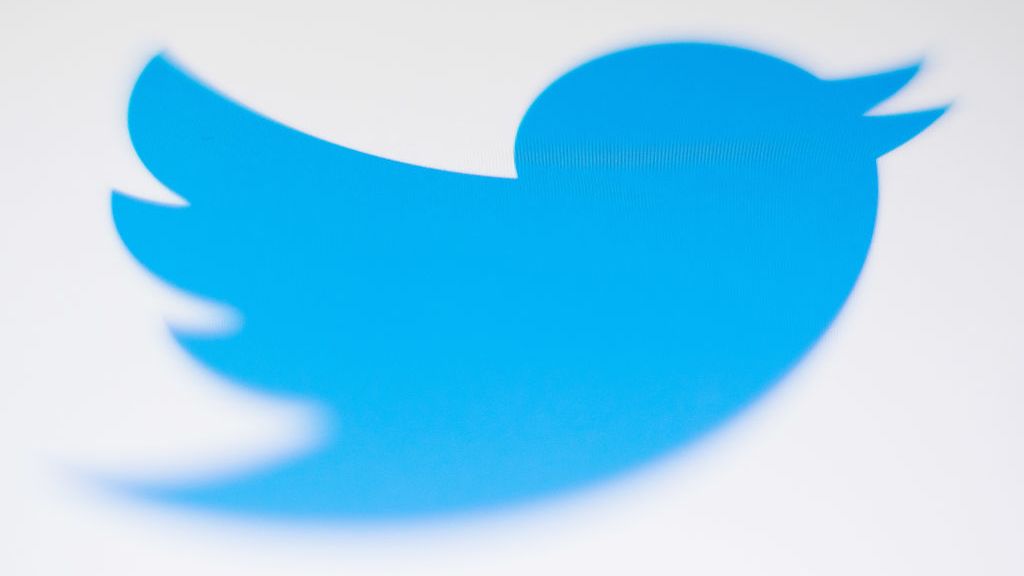How sharing a little data can mean big trouble
A simple Twitter message about your working day can reveal much more information about your company than you might have intended.

Employees sharing small amounts of information on the internet, even on sites such as LinkedIn, can reveal confidential information about a company that it might not want in the open.
So warns Herbert Thompson, chief security strategist at People Security, who was speaking at one of the first RSA Conference keynotes in London about the dangers of employees giving away "gateway data".
Gateway data, he said, is data that seemed harmless, but when used properly, can facilitate access to highly sensitive information.
One way to collect gateway data was by what Thompson called "collective intelligence" the process of collecting information from a number of employees to uncover sensitive information.
"This is the data that can be gleaned from a bunch of different sources," said Thompson. "All of the data seems completely harmless, nothing interesting, but when you correlate it across a group then it becomes really interesting."
Thompson described the information you could glean from a company by noticing, for example, the top five executives all in the last month having 10 new recommendations on LinkedIn.
He said that he has conducted security research with university students on how LinkedIn recommendation requests correlated with bad things happening to a company, and said it was "incredible" how well they matched.
Get the ITPro daily newsletter
Sign up today and you will receive a free copy of our Future Focus 2025 report - the leading guidance on AI, cybersecurity and other IT challenges as per 700+ senior executives
"It probably says they are looking for a job," said Thompson. "It probably says something about the stability of that company. Or maybe it says that the company is about to be acquired."
He added: "If you know something strange is happening with a company, people will naturally take steps to prepare themselves from when they are going to be in the job market."
He also revealed that messages on social networks such as Twitter could also reveal more information about who the customers of a business were, or what agencies they were working with.
He used an example of a message by an employee left on Twitter saying that he was flying to Bentonville in the US for a business trip.
On first glance, that message didn't really reveal much information as it was a tiny and rather boring town, but as there was only one company that was based there, it revealed what company the employee was meeting with, which was Wal-Mart, according to Thompson.
He said: "It's the world headquarters for Wal-Mart. In some cases that wouldn't be a big deal, but in some companies and some circumstances, that is a game changing piece of information."
-
 Bigger salaries, more burnout: Is the CISO role in crisis?
Bigger salaries, more burnout: Is the CISO role in crisis?In-depth CISOs are more stressed than ever before – but why is this and what can be done?
By Kate O'Flaherty Published
-
 Cheap cyber crime kits can be bought on the dark web for less than $25
Cheap cyber crime kits can be bought on the dark web for less than $25News Research from NordVPN shows phishing kits are now widely available on the dark web and via messaging apps like Telegram, and are often selling for less than $25.
By Emma Woollacott Published
-
 How to use LinkedIn to market yourself as an IT professional
How to use LinkedIn to market yourself as an IT professionalwhitepaper Whether you’re updating your LinkedIn profile or creating one for the first time, it’s critical to remain consistent and credible if you hope to raise your profile within the IT industry
By ITPro Published
-
 Who owns the data used to train AI?
Who owns the data used to train AI?Analysis Elon Musk says he owns it – but Twitter’s terms and conditions suggest otherwise
By James O'Malley Published
-
 Elon Musk confirms Twitter CEO resignation, allegations of investor influence raised
Elon Musk confirms Twitter CEO resignation, allegations of investor influence raisedNews Questions have surfaced over whether Musk hid the true reason why he was being ousted as Twitter CEO behind a poll in which the majority of users voted for his resignation
By Ross Kelly Published
-
 Businesses to receive unique Twitter verification badge in platform overhaul
Businesses to receive unique Twitter verification badge in platform overhaulNews There will be new verification systems for businesses, governments, and individuals - each receiving differently coloured checkmarks
By Connor Jones Published
-
 Ex-Twitter tech lead says platform's infrastructure can sustain engineering layoffs
Ex-Twitter tech lead says platform's infrastructure can sustain engineering layoffsNews Barring major changes the platform contains the automated systems to keep it afloat, but cuts could weaken failsafes further
By Rory Bathgate Published
-
 ‘Hardcore’ Musk decimates Twitter staff benefits, mandates weekly code reviews
‘Hardcore’ Musk decimates Twitter staff benefits, mandates weekly code reviewsNews The new plans from the CEO have been revealed through a series of leaked internal memos
By Connor Jones Published
-
 Twitter could charge $20 a month for 'blue tick' verification, following Musk takeover
Twitter could charge $20 a month for 'blue tick' verification, following Musk takeoverNews Developers have allegedly been given just seven days to implement the changes or face being fired
By Rory Bathgate Published
-
 Twitter reports largest ever period for data requests in new transparency report
Twitter reports largest ever period for data requests in new transparency reportNews The company pointed to the success of its moderation systems despite increasing reports, as governments increasingly targeted verified journalists and news sources
By Rory Bathgate Published